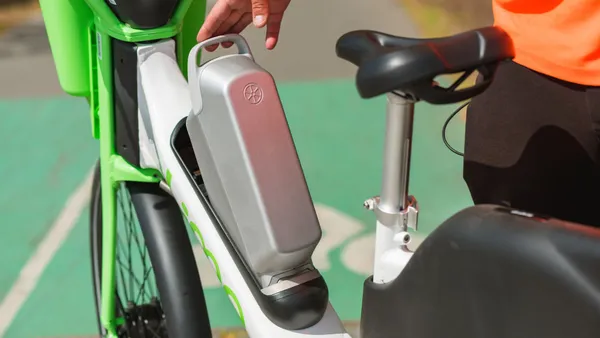Reduce, reuse, recycle.
Or, at least that's what the nation is trying to do.
According to a report published by the Environmental Protection Agency, Americans generated 254 million tons of waste in 2013, and recycled or composted 87 million tons. The numbers amount to a 34% national recycling rate — but is that enough?
Many cities across the nation have decided to take a stand against allowing recyclable garbage to overflow their landfills. The concept of "zero waste" has been a primary focus in many municipalities, which aims to achieve "a prosperous and inclusive future without waste." This focus has motivated many cities to increase their recycling rates far beyond 34% through initiatives such as increased recycling collection and community education programs.
Although new initiatives have been practiced in many areas, the following cities have earned a spot on the leader board of cities with the highest reported recycling rates:
-
San Francisco, CA: 80%
-
Los Angeles, CA: 76.4%
-
San Jose, CA: 75%
-
Portland, OR: 70%
-
San Diego, CA: 68%
Yes, four of those cities are in California, which began requiring municipalities to cut their landfill shipments in 1989. Now, a 2011 goal urges the entire state to cut landfill shipments by 75% by 2020.
In addition to this goal, San Francisco, San Jose, and Los Angeles County have banned plastic bags — however, the state’s 2014 ban is on hold until a November 2016 referendum. Los Angeles also recycles Styrofoam, while San Francisco and San Jose ban it.
In July, San Diego accepted a proposal to reach the state's "zero waste" goal, which also recommends monetary cuts that could save the city $8 million. Mayor Kevin Faulconer said the proposal was a step toward "a better tomorrow for the next generation of San Diegans."
Farther up the Pacific coast in Portland, there’s a ban on plastic bags and foam containers. The city is hoping to reach a 75% diversion rate this year, according to Bruce Walker, solid waste and recycling program manager for Portland's Bureau of Planning and Sustainability.
While Walker says that laws and regulations are important for meeting recycling goals, he also notes that public support is crucial.
"You can have all the cooperation in the world between haulers and agencies, you can have all the infrastructure in the world, but without a public that’s enthusiastic about recycling and composting, where would you be?"














